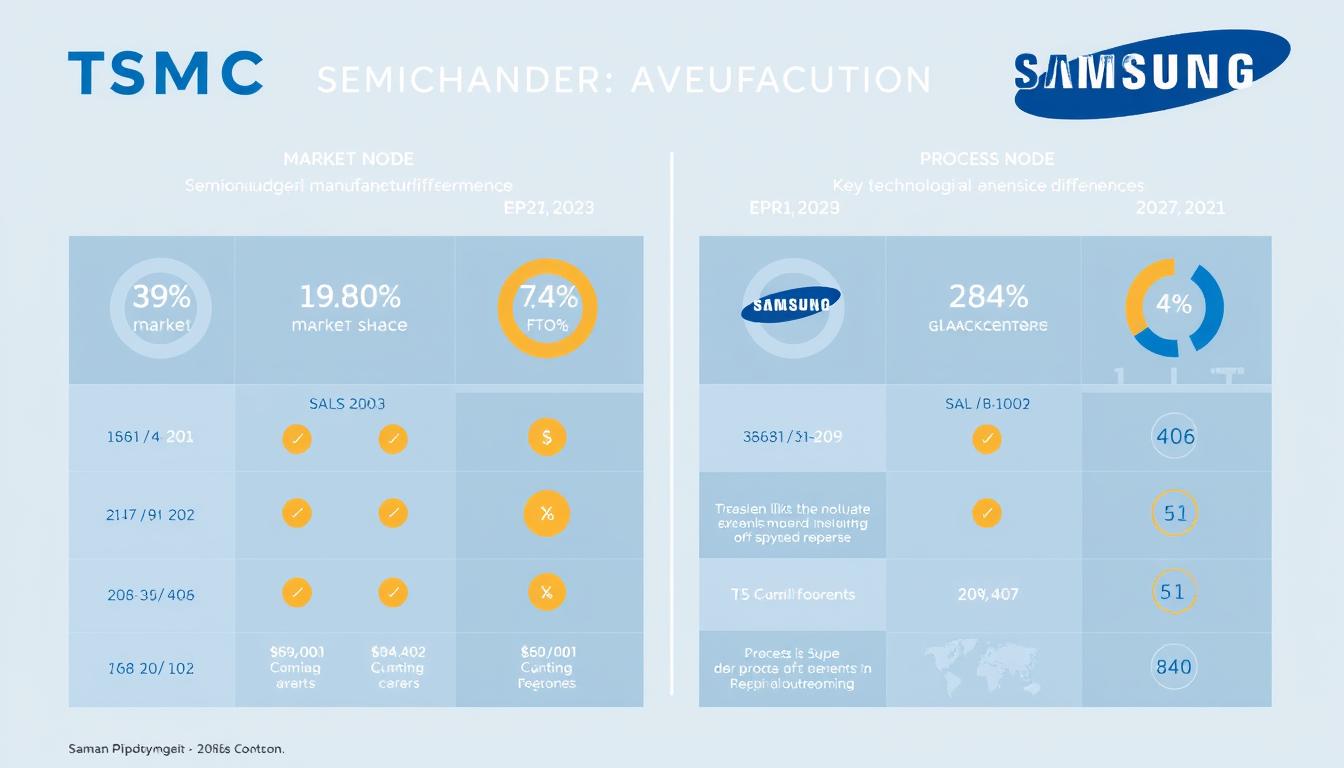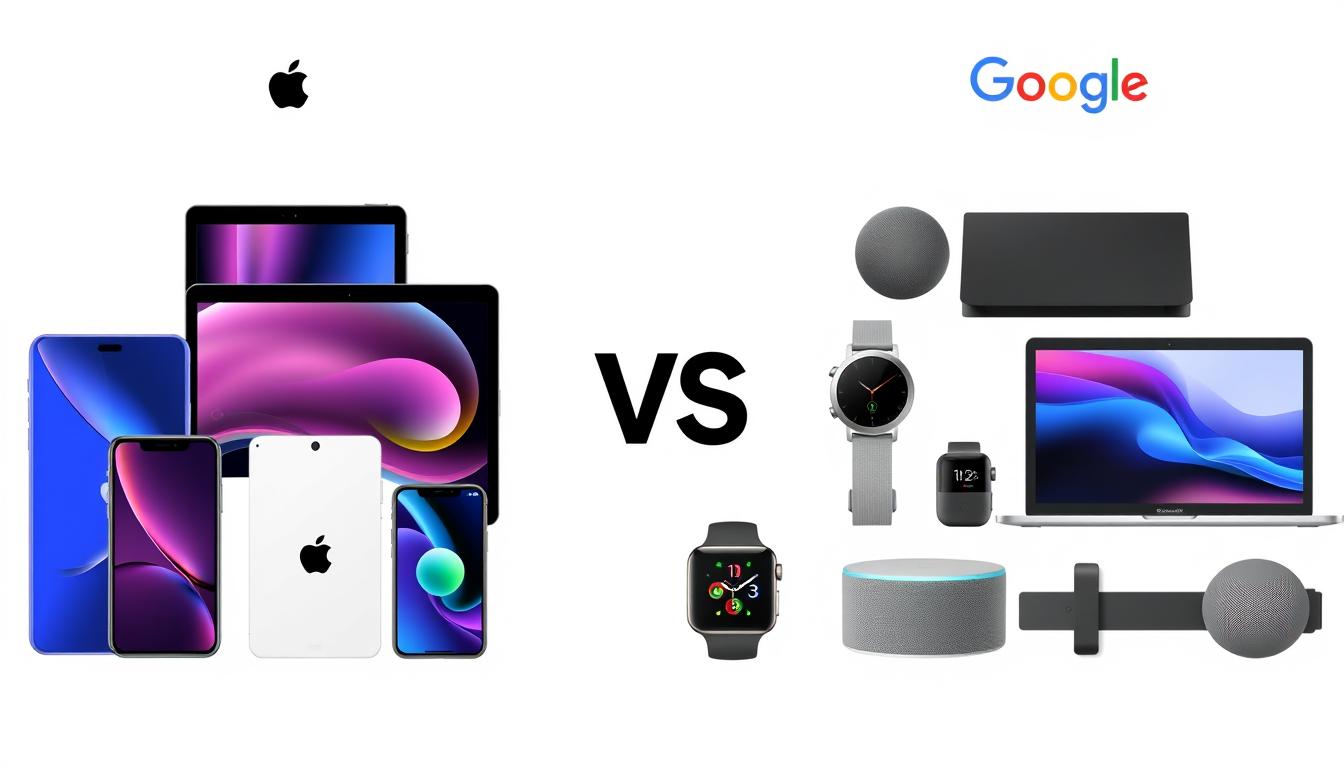
The global telecommunications market is incredibly dynamic. Indeed, some estimates project the sector to grow significantly, reaching trillions of dollars in value in the coming years. This growth, however, comes with fierce competition. Vodafone, a major player in this space, constantly faces the challenge of staying ahead. The company must innovate and adapt to remain competitive worldwide.
Understanding Vodafone’s Global Competition Challenges
Related reading
- How does Bayer Germany maintain its leadership in pharmaceuticals despite global challenges
- How Chinese CSIC Handles Global Competition in Warship Building
- How Brazil Overcame Agricultural Challenges to Become a Global Export Power?
Vodafone operates across many continents. Its footprint spans Europe, Africa, and other regions. Consequently, the company faces diverse market conditions and numerous strong rivals. These competitors range from long-established giants to nimble new entrants. Moreover, technological advancements reshape the industry quickly. Therefore, Vodafone must maintain a forward-thinking approach.
The core of Vodafone’s challenge lies in several key areas. First, there is the relentless demand for better network performance. Customers always want faster speeds and more reliable connections. Secondly, the market requires innovative digital services. Simple calls and texts are no longer enough. Thirdly, managing costs while investing heavily in infrastructure is crucial. Furthermore, regulatory environments differ greatly by country. This adds another layer of complexity for global operators like Vodafone.
“The telecommunications industry is a marathon, not a sprint,” says an industry analyst. “Companies like Vodafone must continually reinvest and reinvent themselves to succeed.” This continuous effort is vital for long-term survival.
The Evolving Global Telecom Landscape
The landscape of global telecommunications never stands still. Indeed, it changes rapidly due to technological breakthroughs and shifting consumer needs. This dynamic environment presents both opportunities and significant hurdles for companies like Vodafone.
Intense Market Dynamics
Today’s market is characterized by several powerful forces. Consumers now expect seamless digital experiences. They demand high-speed internet access everywhere. Furthermore, the rise of Over-The-Top (OTT) services, such as messaging apps and streaming platforms, has altered traditional revenue streams. These services offer alternatives to conventional telecom offerings. Consequently, operators must find new ways to add value.
New entrants, including virtual network operators and regional providers, also intensify competition. They often focus on niche markets or offer highly competitive pricing. This pressure forces established players to innovate or risk losing market share. Therefore, maintaining agility is critical.
Table 1: Key Competitive Factors in Telecom
| Factor | Description | Impact on Vodafone |
|---|---|---|
| Network Quality | Speed, reliability, coverage of 4G, 5G, and fixed networks. | Crucial for customer satisfaction and attracting new subscribers. |
| Pricing Strategies | Competitive tariffs, bundled offers, data allowances. | Directly influences market share and profitability. |
| Digital Services | IoT solutions, cloud services, entertainment bundles, mobile money. | Opens new revenue streams beyond core connectivity. |
| Customer Experience | Ease of service, support quality, personalization. | Drives loyalty and reduces churn in competitive markets. |
| Innovation & Technology | Adoption of new tech like AI, edge computing, Open RAN. | Enables efficiency, new offerings, and future readiness. |
Shifting Consumer Demands
Modern consumers are savvier and more demanding. They prioritize value, convenience, and performance. Mobile data usage continues to skyrocket globally. Moreover, the expectation for low latency and instant connectivity grows daily. This is especially true with the rise of gaming, virtual reality, and advanced business applications. As a result, operators must continuously upgrade their infrastructure.
Vodafone’s Strategic Pillars for Competition
To tackle these challenges, Vodafone employs a multi-faceted strategy. This approach focuses on strengthening its core business while exploring new growth areas. Ultimately, it aims to secure a leading position in the evolving digital economy.
Investing in Next-Generation Networks
A robust network is the backbone of any telecom operator. Vodafone understands this implicitly. Therefore, significant resources are allocated to network development.
-
5G Rollout and Expansion: Fifth-generation (5G) technology is a game-changer. It offers incredibly fast speeds and ultra-low latency. Vodafone is heavily investing in its 5G rollout across its markets. This expansion aims to provide superior mobile broadband. Furthermore, it unlocks new possibilities for businesses and industries. For instance, 5G supports smart factories and remote surgery. This technology is crucial for maintaining a competitive edge. Vodafone continues to build out its 5G footprint, enhancing both coverage and capacity. Learn more about global 5G deployment trends.
-
Fixed Network Infrastructure: Beyond mobile, fixed-line connectivity remains vital. Vodafone focuses on expanding its fiber-optic networks. This provides high-speed broadband to homes and businesses. Convergence, the bundling of mobile and fixed services, is a key part of this strategy. It allows Vodafone to offer comprehensive connectivity solutions. This strengthens customer loyalty and increases average revenue per user.
Diversifying Beyond Core Connectivity
To mitigate reliance on traditional voice and data services, Vodafone diversifies its offerings. This includes moving into high-growth areas.
-
Digital Services and IoT: The Internet of Things (IoT) presents a massive opportunity. Vodafone offers various IoT solutions for businesses. These solutions range from smart metering to fleet management. Additionally, the company provides cloud services and cybersecurity solutions for enterprises. Such offerings create new revenue streams. They also position Vodafone as a strategic partner for digital transformation. Vodafone’s enterprise focus helps it capture value beyond consumer mobile services. This diversification is crucial for future growth.
-
Cloud and Edge Computing: Cloud and edge computing are increasingly important. They enable faster data processing and reduced latency. Vodafone is exploring these areas to enhance its network capabilities. This also helps in offering advanced services to businesses. For example, edge computing can support autonomous vehicles. It ensures real-time data processing closer to the source.
Customer-Centric Approach
In a saturated market, customer satisfaction is paramount. Vodafone places a strong emphasis on understanding and serving its customers.
-
Enhancing Customer Experience: A positive customer experience drives loyalty. Vodafone invests in digital self-service tools and personalized support. They aim to make interactions seamless and efficient. This includes using AI-powered chatbots for quick answers. Furthermore, the company seeks feedback to continuously improve its services. Understanding individual customer needs is key.
-
Loyalty Programs and Retention Strategies: Retaining existing customers is often more cost-effective than acquiring new ones. Vodafone implements various loyalty programs. These might include exclusive offers or rewards. Additionally, proactive communication and problem-solving help prevent churn. Building strong relationships with customers ensures long-term engagement.
Navigating Market-Specific Challenges
Vodafone operates in incredibly diverse markets. Each region presents its own unique set of challenges and opportunities. The company must tailor its strategies accordingly.
Emerging Market Opportunities and Hurdles
Many emerging markets, particularly in Africa, offer significant growth potential. Mobile penetration is still rising. However, these markets come with distinct difficulties.
-
Infrastructure Development: Building network infrastructure in remote or underserved areas can be costly. It also presents logistical challenges. Vodafone often collaborates with local partners to share these burdens. They must balance rapid expansion with sustainable investment. This requires careful planning and execution.
-
Affordability and Accessibility: In many emerging markets, consumers are price-sensitive. Therefore, offering affordable services is crucial. Vodafone develops tailored pricing plans. They also promote mobile money services, which are vital for financial inclusion. These services often serve as a gateway to broader digital participation.
Mature Market Saturation and Consolidation
In contrast, mature markets, like many parts of Europe, face different pressures. These markets often have high mobile penetration. This means growth primarily comes from market share gains rather than new subscribers.
-
Differentiating in Crowded Spaces: With many operators vying for the same customers, differentiation is key. Vodafone emphasizes its network quality, customer service, and unique digital offerings. Bundling services, such as mobile, broadband, and TV, also helps in standing out. Innovation in service delivery becomes a major competitive tool.
-
Regulatory Pressures and Compliance: European markets, in particular, have complex regulatory frameworks. These regulations cover everything from data privacy to network sharing. Vodafone must navigate these rules carefully. Compliance ensures smooth operations. It also prevents costly penalties. Competition rules often influence how operators expand or merge. Read about European telecom market challenges.
Table 2: Regional Challenges and Vodafone’s Responses
| Region | Primary Challenge | Vodafone’s Response |
|---|---|---|
| Europe | Market saturation, high regulation, infrastructure costs. | 5G fixed-wireless access, fiber build-out, digital services bundling. |
| Africa | Infrastructure access, affordability, digital inclusion. | Mobile money expansion, rural network solutions, strategic partnerships. |
| Other | Diverse market needs, varied competition. | Localized product development, flexible business models, targeted offerings. |
Innovation and Future-Proofing
Innovation is not just about new products. It’s also about improving operations and anticipating future trends. Vodafone actively embraces new technologies to stay relevant.
Embracing Technological Advancements
Technology underpins Vodafone’s competitive strategy. They explore and adopt emerging tech. This helps them optimize operations and create new value.
-
AI and Automation in Operations: Artificial intelligence (AI) and automation streamline processes. They help manage complex networks more efficiently. For example, AI can predict network issues before they occur. It can also personalize customer interactions. This leads to cost savings and improved service quality. Moreover, automation helps Vodafone respond faster to market changes.
-
Cybersecurity and Data Privacy: In an increasingly digital world, cybersecurity is paramount. Vodafone prioritizes protecting customer data and network integrity. They invest in advanced security measures. This builds trust with consumers and businesses. Compliance with global data protection regulations, like GDPR, is also non-negotiable. Vodafone ensures its practices meet the highest standards.
Strategic Partnerships and M&A
Collaborations and strategic acquisitions play a crucial role. They allow Vodafone to expand its reach and capabilities.
-
Collaborations for Ecosystem Growth: Vodafone forms partnerships with technology providers, content creators, and other businesses. These collaborations help build a richer ecosystem of services. For example, partnering with cloud providers enhances their enterprise offerings. Joint ventures can also accelerate network deployments. This approach fosters mutual growth.
-
Selective Acquisitions for Market Share: Vodafone sometimes pursues strategic mergers and acquisitions (M&A). These moves aim to consolidate market positions or gain new capabilities. However, such decisions are carefully considered. They must align with the company’s long-term strategic goals. Any M&A activity is focused on improving service for customers and strengthening market presence.
Building a Responsible Future: Sustainability and Corporate Responsibility
Vodafone recognizes its role extends beyond connectivity. Operating responsibly is not only ethical but also a key differentiator in today’s market. Many customers and stakeholders value sustainable practices.
Environmental Initiatives
The company is committed to reducing its environmental footprint. This includes efforts to minimize energy consumption in its networks. They also focus on increasing the use of renewable energy sources. Vodafone has targets for reducing carbon emissions. Furthermore, they implement circular economy principles, like recycling old equipment. These initiatives reflect a commitment to a greener future.
Digital Inclusion
Vodafone actively works to bridge the digital divide. This means ensuring more people have access to digital services. They support initiatives that provide connectivity to underserved communities. Additionally, the company promotes digital literacy programs. These efforts empower individuals and foster economic growth. Vodafone believes that everyone should benefit from the digital revolution.
“We believe in connecting for good,” states a Vodafone representative. “Our sustainability efforts are integral to how we face future challenges.” This commitment resonates with a growing number of conscious consumers. You can often find detailed reports on corporate responsibility on company websites or news portals. For instance, reputable sources often cover corporate sustainability trends. Explore sustainability trends in business on relevant news sites.
Quotes on Vodafone’s Strategy
“Vodafone’s relentless focus on 5G and digital services positions them strongly,” noted a telecom industry expert. “Their ability to adapt to regional market nuances is truly impressive.”
Another analyst commented, “The competitive pressure in telecom is immense. Yet, Vodafone continues to find innovative ways to serve customers and explore new growth vectors, from IoT to mobile money.”
These perspectives highlight the ongoing efforts required to succeed.
Key Takeaways
- Intense Competition: Vodafone operates in a highly competitive global telecom market.
- 5G Investment: Heavy investment in 5G networks is crucial for speed and new service capabilities.
- Digital Diversification: Expanding into IoT, cloud, and digital services creates new revenue.
- Customer Focus: Enhancing customer experience and loyalty are vital for retention.
- Regional Adaptation: Strategies are tailored to address specific challenges in mature and emerging markets.
- Innovation: Embracing AI, automation, and cybersecurity ensures future readiness.
- Strategic Partnerships: Collaborations and selective M&A strengthen market position.
- Sustainability: Responsible operations and digital inclusion are key differentiators.
FAQ
Q: What are Vodafone’s primary competitive advantages?
A: Vodafone’s advantages include its extensive global network footprint, its leadership in 5G rollout, a diverse portfolio of digital and enterprise services (like IoT), and its strong brand recognition in many markets.
Q: How does Vodafone address challenges in emerging markets?
A: In emerging markets, Vodafone focuses on expanding accessible infrastructure, offering affordable service plans, and driving digital inclusion through services like mobile money, which cater to local needs.
Q: What role does 5G play in Vodafone’s strategy?
A: 5G is central to Vodafone’s strategy. It provides faster speeds and lower latency, improving core mobile services. More importantly, 5G enables new applications for businesses and industries, creating significant growth opportunities beyond traditional consumer mobile.
Q: Does Vodafone focus on consumer or business customers more?
A: Vodafone targets both consumer and business customers. While its consumer mobile services are widely known, the company has a strong and growing emphasis on enterprise solutions, including IoT, cloud, and digital services for businesses.
Q: How does Vodafone maintain customer loyalty in competitive markets?
A: Vodafone maintains loyalty by continuously improving customer experience, offering personalized services, implementing effective loyalty programs, and providing reliable, high-quality network performance.
Conclusion
Vodafone faces a complex and ever-changing competitive landscape globally. However, by strategically investing in next-generation networks like 5G and fiber, the company reinforces its core offerings. Moreover, its expansion into diverse digital services, including IoT and cloud solutions, opens new avenues for growth. Prioritizing a customer-centric approach also ensures loyalty in a crowded market.
Furthermore, Vodafone’s ability to adapt its strategies for both mature and emerging markets is a testament to its agility. Through continuous innovation, embracing AI and automation, and forming key partnerships, Vodafone is future-proofing its operations. Ultimately, the company’s commitment to sustainability and digital inclusion not only aligns with responsible business practices but also enhances its brand appeal. Vodafone’s comprehensive strategy positions it to navigate global competition effectively and remain a significant force in the telecommunications industry for years to come.













